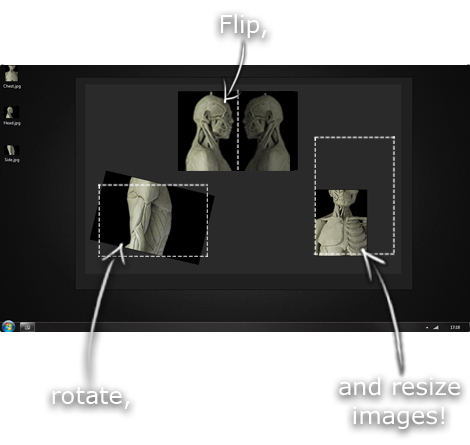This website uses cookies. You can read more about what we do with them, read our privacy policy.

8:16 PM, Tuesday April 30th 2024
Hi there, I'll be handling your box challenge critique.
Congratulations on completing the box challenge, it's definitely a lot more work than most people expect. Not only does it help deepen your understanding of important concepts but it shows your desire to learn as well. Be proud of what you've accomplished and that desire you've shown. That being said I'll try to keep this critique fairly brief so you can get working on the next steps as soon as possible.
Things you did well:
-
Your construction lines are looking smooth and confidently drawn.
-
It's good to see that you're taking the time to plan and evenly space your hatching lines. This helps keep your boxes tidy and makes them look more solid.
-
You're doing a great job of experimenting with orientations, and rates of foreshortening. Experimenting is an important habit to build when learning any new skill, it helps form a more well rounded understanding. I hope you'll continue to display and nurture this habit in the future.
Things you can work on:
-
There's room for you to experiment with proportions more, mix in some longer/thinner/wider boxes to see how your lines behave in different scenarios.
-
There are times when your lines converge in pairs or you attempt to keep your lines a bit too parallel which results in them diverging. This is an example of lines converging in pairs, and this shows the relation between each line in a set and their respective vanishing point. The inner pair of lines will be quite similar unless the box gets quite long and the outer pair can vary a lot depending on the location of the vanishing point. Move it further away and the lines become closer to parallel while moving it closer increases the rate of foreshortening.
The key things we want to remember from this exercise are that our lines should always converge as a set not in pairs, never diverge from the vanishing point and due to perspective they won't be completely parallel.
While I've noted a few things you can work on in the critique above, you've completed quite the daunting challenge. Overall your boxes are looking really solid, there's room to experiment a bit more but you're off to a great start.
That being said I'll be marking your submission as complete and move you on to lesson 2.
Keep practicing previous exercises and boxes as warm ups, and good luck.
Next Steps:
Move on to lesson 2.
8:14 AM, Wednesday May 1st 2024
Thank you very much! :)

PureRef
This is another one of those things that aren't sold through Amazon, so I don't get a commission on it - but it's just too good to leave out. PureRef is a fantastic piece of software that is both Windows and Mac compatible. It's used for collecting reference and compiling them into a moodboard. You can move them around freely, have them automatically arranged, zoom in/out and even scale/flip/rotate images as you please. If needed, you can also add little text notes.
When starting on a project, I'll often open it up and start dragging reference images off the internet onto the board. When I'm done, I'll save out a '.pur' file, which embeds all the images. They can get pretty big, but are way more convenient than hauling around folders full of separate images.
Did I mention you can get it for free? The developer allows you to pay whatever amount you want for it. They recommend $5, but they'll allow you to take it for nothing. Really though, with software this versatile and polished, you really should throw them a few bucks if you pick it up. It's more than worth it.





















